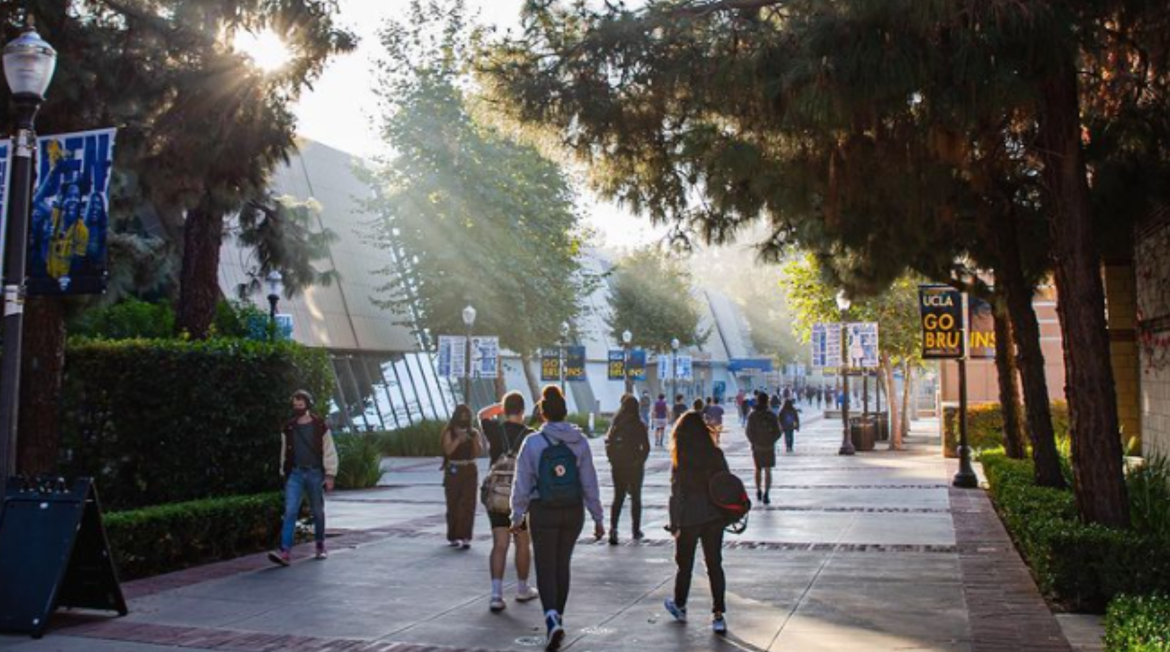
Due to strict visa regulations and enforcement by the U.S. Department of Homeland Security, International Students are more vulnerable to disciplinary action due to Academic dishonesty issues. It is extremely important that International Students specifically do not subject themselves to disciplinary actions in violation of UCLA Student Conduct Codes.
Student Conduct Code
We require all International Students to read and understand all aspects of the UCLA Student Conduct Code and obey all rules during their studies at UCLA. Please note that U.S. or international education institutes do not necessarily have the same sets of rules. What might be have been acceptable at your previous school may not necessarily be allowed at UCLA.
Immigration consequences as a result of a disciplinary action are but not limited to:
• Immediate voluntary departure from the United States
• Removal proceedings (deportation) by the U.S. Department of Homeland Security (DHS)
• Potential jail time by DHS while awaiting deportation
• Future visa denials for all categories
• Inability to use any existing visas to re-enter the United States
Saying “I didn’t know” isn’t an excuse, make sure you know what IS and IS NOT allowed in the American classroom setting. Please read the following information so that you are aware of what is not allowed when completing an academic exercise.
Academic Dishonesty
With its status as a world-class research institution, it is critical that the University uphold the highest standards of integrity both inside and outside the classroom. As a student and member of the UCLA community, you are expected to demonstrate integrity in all of your academic endeavors. Accordingly, when accusations of academic dishonesty occur, The Office of the Dean of Students is charged with investigating and adjudicating suspected violations.
Academic dishonesty, includes, but is not limited to: cheating, fabrication, plagiarism, multiple submissions or facilitating academic misconduct.
Cheating
Cheating includes, but is not limited to, the use of unauthorized materials, information or study aids during any academic exercise; the alteration of any answers on a graded document before submitting it for regarding; or the failure to observe the expressed procedures or instructions of an academic exercise (e.g., examination instructions regarding alternate seating or conversation during an examination).
Fabrication
Fabrication includes, but is not limited to, falsification or invention of any information or citation in an academic exercise.
Plagiarism
Plagiarism includes, but is not limited to, the use of another's words or ideas as if they were one's own, including but not limited to representing, either with the intent to deceive or by the omission of the true source, part of or an entire work produced by someone other than the student, obtained by purchase or otherwise, as the student's original work or representing the identifiable but altered ideas, data, or writing of another person as if those ideas, data, or writing were the student’s original work.
Multiple Submissions
Multiple submissions includes, but is not limited to, the resubmission by a student of any work which has been previously submitted for credit in identical or similar form in one course to fulfill the requirements of a second course, without the informed permission/consent of the instructor of the second course; or the submission by a student of any work submitted for credit in identical or similar form in one course to fulfill the requirements of a concurrent course, without the permission/consent of the instructors of both courses.
Facilitating Academic Dishonest
Facilitating academic dishonesty includes, but is not limited to, knowingly helping another student commit an act of academic misconduct (e.g., cheating, fabrication, plagiarism, multiple submissions).
Coercion Regarding Grading or Evaluation of Coursework
Threatening personal or professional repercussions or discipline against an instructor to coerce the instructor to change a grade or otherwise evaluate the student's work by criteria not directly reflective of coursework.
Students are responsible for being aware of and following University policies.
If you have any question at all, students may contact the Office of the Dean of Students, or Student
Legal Services for advice concerning these policies. For more information go to:
http://www.deanofstudents.ucla.edu/Academic-Integrity